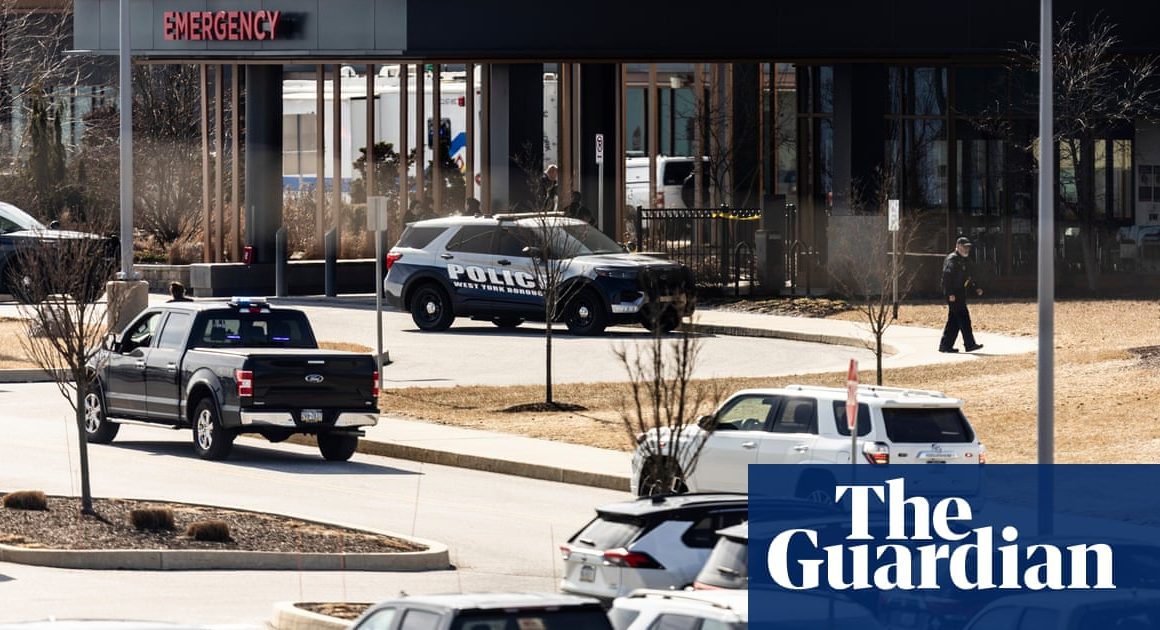On Friday, the South Korean columnist Yang Sung-hee asked a question to which no one appears to have an answer: “When will this ever end? How many more lives must be lost before this tragic cycle is broken?”
Yang’s question, asked in the Korea JoongAng Daily newspaper, is just one of many that has emerged since the actor Kim Sae-ron was found dead in her home in Seoul on Sunday in a case police are treating as suicide. She was 24.
In May 2022, Kim, whose career took off as a child actor with her role in the 2010 hit crime thriller The Man from Nowhere, was charged with drink-driving, after she crashed her vehicle into a tree and an electrical transformer in Seoul.
Kim posted a handwritten apology on Instagram and paid a 200m won ($139,000) fine. She reportedly compensated dozens of shops that had been temporarily left without power after the accident.
The gesture may have placated business owners, but it failed to stem an avalanche of criticism, both online and in the media.
Now her death has raised concern about the pressures placed on the talented young artists who have transformed South Korea into a cultural superpower: the endless rehearsing, and restrictions on everything from dating and socialising to calorie intake and online activity.
Celebrity gossip channels on YouTube posted negative videos about her private life, with some pointing to social media posts showing her socialising with friends as proof that she wasn’t showing enough remorse. Kim’s career went into freefall. Most of her scenes in the 2023 Netflix series Bloodhounds were edited out, and she was forced to withdraw from the TV drama Trolley.
Kim attempted to rebuild her life by working at a coffee shop – drawing accusations that she was exaggerating her financial problems.
Kim joins a long list of South Korean celebrities who have killed themselves while under intense public scrutiny, reigniting a debate about the extent to which celebrities can enjoy privacy away from the media spotlight and the impact it has on their mental health.
Other victims include the Parasite actor Lee Sun-kyun, who died by suicide in 2023, and the film star Choi Jin-sil, who died in 2008, followed, five years later, by her former baseball star husband, Cho Sung-min. The K-pop artists Sulli and Goo Hara died in 2019; the 2017 death of Kim Jong-hyun, the lead singer of the hugely popular and influential boyband SHINee, shocked the entertainment world.
‘Pressure to appear impeccable at all times’
South Korean celebrities, and particularly women, find it hard to secure work after encounters with the law. Many are reluctant to seek treatment for mental health problems in case it triggers even more negative coverage.
“South Korean society has become like a giant Squid Game,” said Peter Jongho Na, assistant professor of psychiatry at Yale University, referring to the dystopian Netflix drama. “People who make mistakes or fall behind are ruthlessly eliminated without giving them a chance to recover, as if nothing had happened. Celebrities are under immense pressure to appear impeccable at all times”.
Jeon Sang-jin, a professor of sociology at Sogang University, singles out a unique dynamic in Korean fan culture. “Sports stars and celebrities are essentially people you can freely attack without facing any pushback,” he said. “There’s a stark contrast – powerful corporations or politicians can retaliate legally or economically, but celebrities are vulnerable targets. When they make small mistakes, people attack them mercilessly.”
Kim’s death has prompted soul-searching among some sections of the media, with several newspapers publishing editorials railing against online abuse directed towards her and other entertainment figures.
The Democratic Media and Citizens’ Coalition, a local media watchdog that monitors ethical reporting practices, placed most of the blame on the traditional media for their “sensational and provocative” reporting.
“Most media outlets have been at the forefront of promoting criticism against the deceased while she was still alive and encouraging gossipy YouTube content and malicious comments,” the organisation said in a statement, noting that many outlets continued exploiting Kim for clicks even after her death.
This media environment creates tremendous psychological strain with few avenues for support. “When [Parasite’s] Lee Sun-kyun was under investigation for his drug use, premises like ‘innocent until proven guilty’ were not observed,” said Na.
“The media need to understand that these people are vulnerable to shame, just like any ordinary person. Or maybe even more vulnerable given the high suicide rate amongst Korean celebrities.”
Vows to rein in online abuse of celebrities following the deaths of Sulli and Goo Hara have so far come to nothing. Proposals that would have expanded real-name requirements for social media users and strengthened websites’ ability to weed out hate speech and false information failed to make it into law.
In response, some South Korean agencies, including Hybe, which manages the K-pop phenomenon BTS, have started taking legal action to protect their entertainers from cyberbullying. Heo Chanhaeng, an executive director at the Center for Media Responsibility and Human Rights, wants news organisations and websites to shut down comments sections on entertainment stories.
“South Korea has been ignoring this mental health crisis for decades,” Na said, citing widespread stigma towards mental health disorders and their treatment.
Kim last year attempted to rescue her career. She landed a part in Guitar Man, about a genius musician who joins an underground band. It will be her final, posthumous film.
Agencies contributed reporting.










